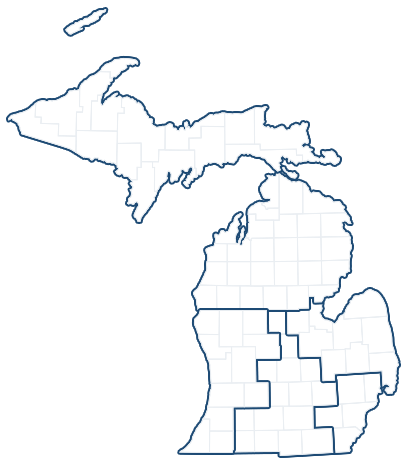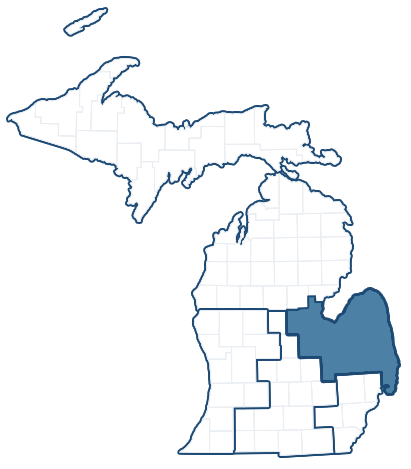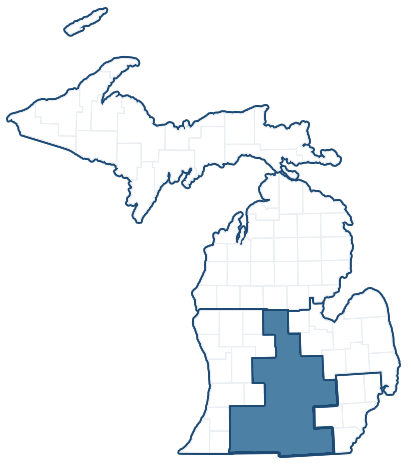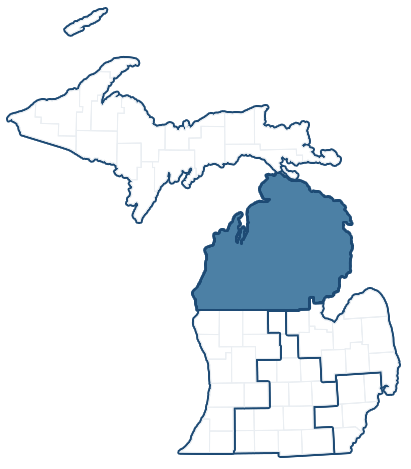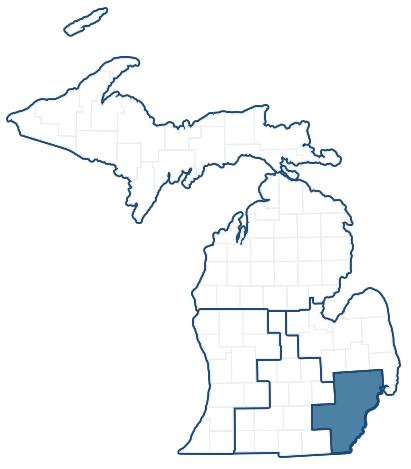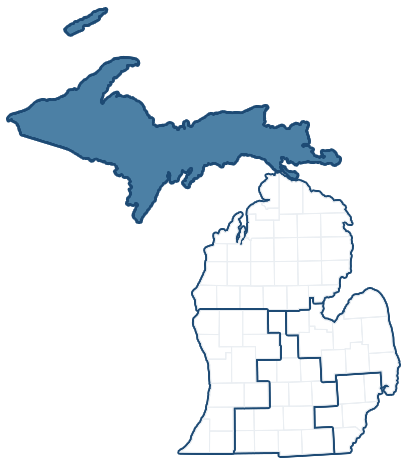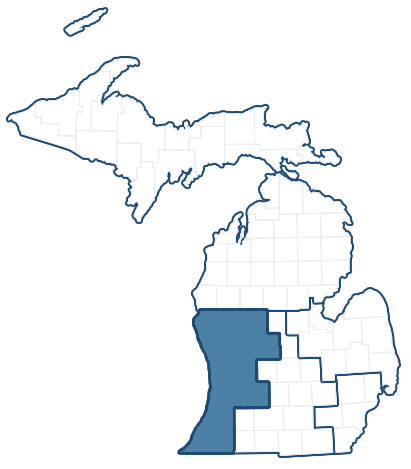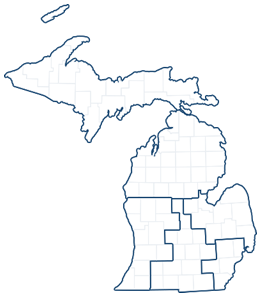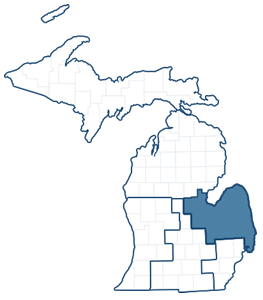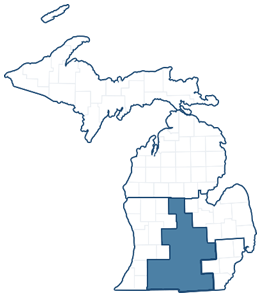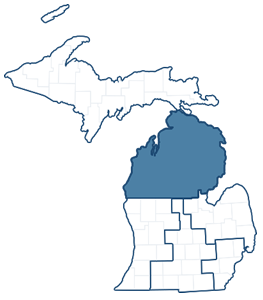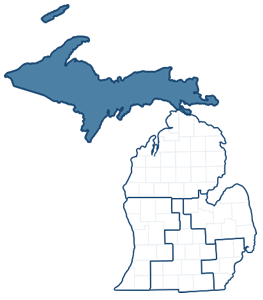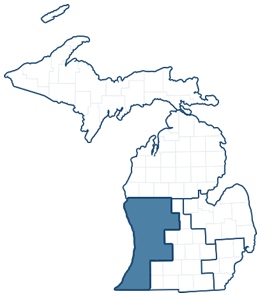Stabenow, Peters Introduce Resolution Opposing Storage of Nuclear Waste in Great Lakes Basin
Monday, April 13, 2015U.S. Senators Debbie Stabenow (D-MI) and Gary Peters (D-MI) today introduced a Senate resolution urging the administration to oppose a Canadian proposal to build a permanent nuclear waste repository in the Great Lakes Basin. The measure is a companion resolution to one introduced by Congressman Dan Kildee (D-MI) last week.
"Canada's proposed nuclear waste dump on the shores of Lake Huron puts our Great Lakes at risk of radioactive contamination that could have devastating consequences for future generations," said Sen. Stabenow. "I have expressed my strong objections to the Canadian government directly, and today's resolution puts additional pressure on the Canadians to stop this plan."
"Preserving the health and safety of the Great Lakes is critical to Michigan's environment and economy," said Sen. Peters. "Building a permanent nuclear waste dump in such close proximity to Lake Huron could cause significant, lasting damage to this precious resource and undermine the progress we have made cleaning up the water quality in the Great Lakes Basin. The Canadian government should seek out an alternative site, and I urge the State Department to take action to keep this troubling project from moving forward."
"Burying Canadian nuclear waste less than a mile from the Great Lakes is a bad idea and too much of a risk to take when it comes to our Great Lakes and our state's economy," Congressman Kildee said. "I'm glad to see a growing chorus of people - Democrats and Republicans, Canadians and Americans - speaking out in opposition to this proposed Canadian plan, including Michigan Senators Debbie Stabenow and Gary Peters. Michigan is lucky to have two great U.S. Senators who have been lifelong champions of protecting our Great Lakes, and I will continue working with them to preserve our freshwater resources - now and for future generations."
Ontario Power Generation has proposed to build a permanent repository for nuclear waste less than a mile from Lake Huron in Kincardine, Ontario. This close proximity to the lake, Sens. Stabenow, Peters and Rep. Kildee argue, could be disastrous if an accidental spill were ever to occur. Over 40 million people in Canada and the United States get their drinking water from the Great Lakes and the highly toxic waste could take tens of thousands of years to decompose to safe levels.
The resolution urges the President and Secretary of State to work with their counterparts to prevent a permanent nuclear waste repository from being built within the Great Lakes Basin. It further states that the U.S. and Canada should develop a safe and responsible solution for the long-term storage of nuclear waste.
Next Article Previous Article



